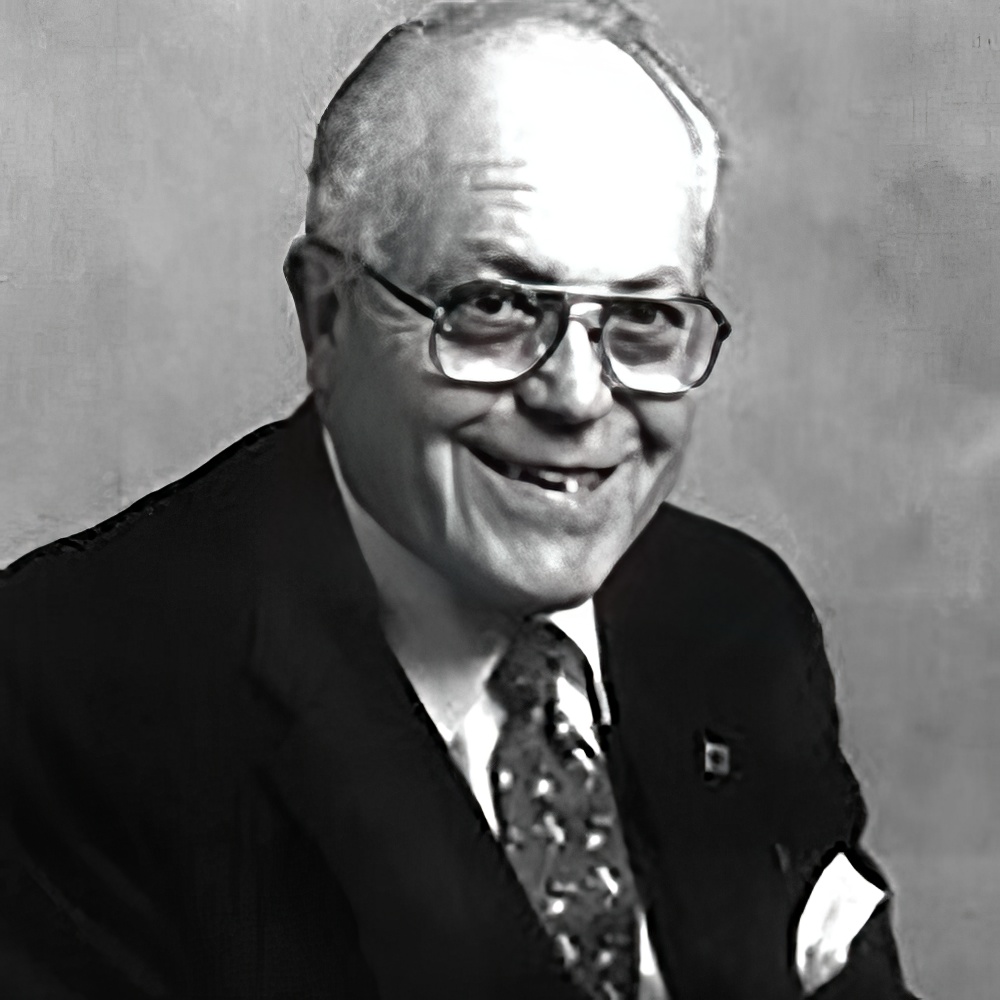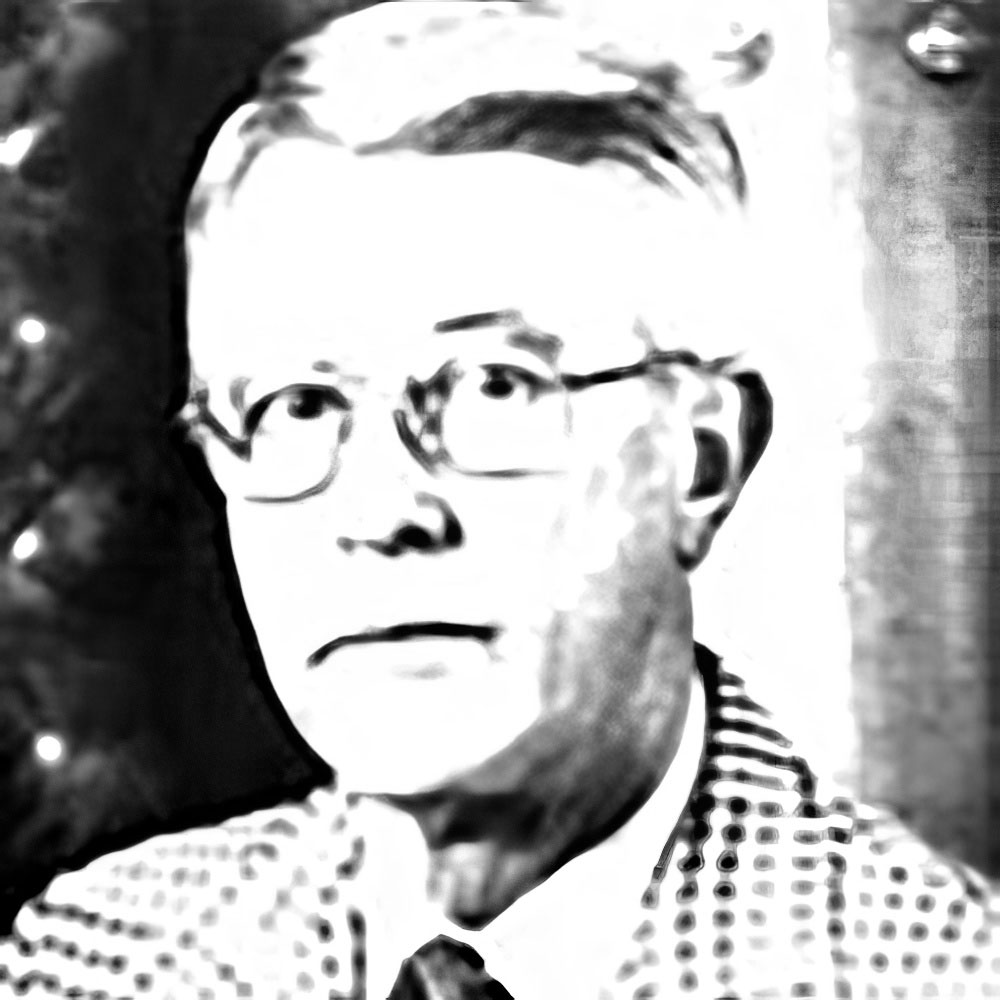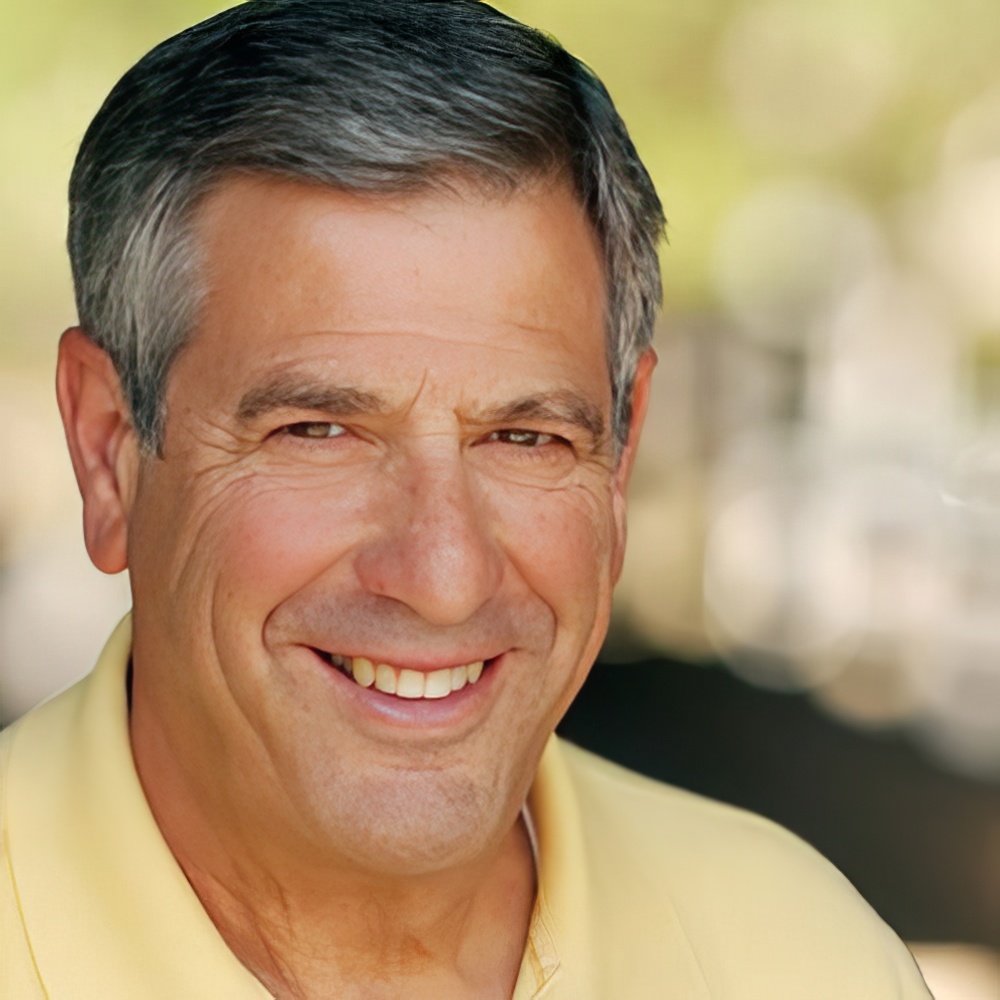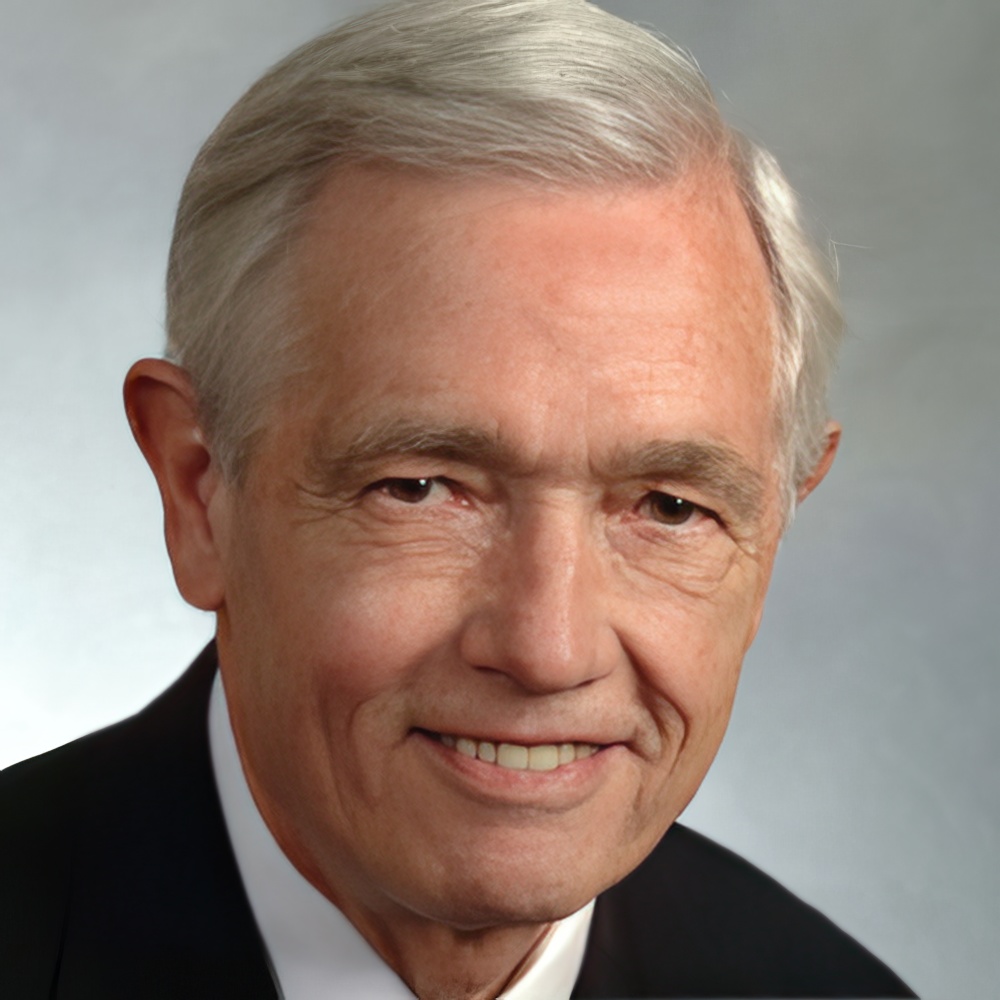
Tom Cook
1999
SILVER CIRCLE INDUCTEE

For the past 50 years, W. Thomas Cook has been involved in Broadcasting Telecommunications. A native of Nebraska, Tom began his career in radio at KBRL-AM-1450, McCook, Nebraska, in 1948. He has been active in radio, television, film, and electronic media from 1948 to the present. He is very proud of the fact that he was able to combine what he calls the "best of two worlds" throughout his career, mainly the real world of broadcasting and the academic world of education. Professor Cook became a member of the Council for Public Broadcasting at KRMA-TV in Denver, Colorado, in 1965 and served on the Board of Directors and the advisory council for Rocky Mountain PBS for 32 years. During this time, he worked on the air in a variety of capacities at KRMA-TV. In 1979, Tom became the host of Denver Showcase on KOA-TV (now KCNC).
During those years, he interviewed leading figures in politics, arts, economies, sciences, and sports. He continued that series until illness forced him to leave Denver Showcase in 1991. With the opening of Metropolitan State College in 1965, Professor Cook established the first broadcasting curriculum in the state, which in turn led to the first broadcasting-telecommunications major program leading to a baccalaureate degree in 1976. It was during this time that Tom, working with his good friend, Carl Akers, started the first internship at KBTV-TV and radio in 1968. Today, Metro students are participating in 140 telecommunications internships throughout the region and the United States. Thousands of students have taken part in the program since 1968, many of whom are current leaders in the broadcasting industry.
W. Thomas Cook has received several honors during his long career, including the Distinguished Faculty award from Metro State College in Denver in 1983, the Distinguished Service Award for establishing the broadcasting internship program in 1988. As a charter member of the Colorado chapter of NATAS, he was instrumental in the establishment of the scholarship program for future television leaders and was honored with a distinguished service award by the chapter. When asked about what pleased him most about his 50 years in the industry, he replied, "Seeing my students succeed and benefit from the life experiences that I have been able to impart to them. I am so very proud of their many accomplishments."
Gold Circle Inductee: 2002

Al Flanagan
1999
SILVER CIRCLE INDUCTEE

It's no exaggeration to suggest that Al Flanagan has influenced the careers of hundreds of broadcast professionals across the country as a programmer, station manager, and corporate leader. His reputation is that of a tough but honest and compassionate broadcaster with a passion for making the best television programs. Flanagan grew up in California but went to college at the University of Florida where he caught the broadcasting bug at the campus radio station. Before he graduated in 1942, Flanagan had already been the station's program manager for three years. After a distinguished career in the US Marines during World War II, Flanagan resumed his broadcasting career in California by directing Emmy Award-winning programs.
In 1962, Al became the general manager of KBTV and KBTR Radio in Denver. He led the stations to prominence in news and programming. He pioneered community events like the 9Health Fair and 9Who Care. These community-based programs represented an abiding belief by Flanagan that the absolute key to success for local broadcasters is understanding and serving their local viewers. He put this belief into practice throughout his career, even when he became a corporate executive. When Combined Communications Corp. bought KBTV (now KUSA), Flanagan became the company's president. He went on to become the president of Gannett Broadcasting when that company bought CCC in 1979. In that role, he oversaw television and radio stations across the country. Flanagan retired from Gannett in 1984.

Ed Sardella
1999
SILVER CIRCLE INDUCTEE

Ed Sardella has enjoyed a career in broadcasting spanning more than 30 years, the past 25 as a primary anchor at KUSA in Denver. He grew up in California, attended Occidental College in Los Angeles, and graduated with a B.A. in 1962. After college, Ed spent four years in the Marine Corps as a communications officer. He left the service with the rank of Captain. Upon completion of his tour of duty, Ed worked at radio stations in Ashland, Tillamook, and Eugene, Oregon, before going into television at KVAL in 1969. In 1970, he moved to KOIN in Portland, where he worked in both news and sports.
Ed moved to Colorado in 1972 as a news and sports reporter and anchor at KMGH. Ed joined KBTV (now KUSA) in 1974 and over the years became one of the top news anchors in the Denver market. He co-anchored 9News at 10 when the broadcast had achieved some of the highest audience levels of any late newscast in the United States. Beyond his popularity as a news anchor, those who know Ed also know he is a first-rate journalist, with a particular skill in the craft of broadcast news writing. Ed has written a guide for broadcast news writing and co-written a book about producing television newscasts. He travels the country giving seminars on writing and has taught the subject as a visiting professor at the School of Journalism and Mass Communication at the University of Colorado in Boulder. Ed's numerous honors through the years include several Emmys from the Heartland Chapter. He was also named Broadcaster of the Year by the Colorado Broadcasters Association in 1997.
The first television image Clayton Vaughn ever saw came flickering onto a set that sat in his father's appliance store in Cushing, Oklahoma in 1949. The grainy pictures were being beamed across the plains from Tulsa's KOTV, northeastern Oklahoma's first television station. No one could have known then how the fates would conspire to bring Clayton and KOTV together for a 35-year run of solid journalism, community service, and the power of television to make the state a better place to live.
After stints at radio stations in Cushing and Tulsa, Clayton made the jump to television in 1964. Broadcast news in Tulsa was just coming into its own, and Clayton's reporting and anchoring soon made him a household name in northeastern Oklahoma. News executives in larger cities took note, and Clayton left for anchoring stints at KABC (Los Angeles) and WNEY (New York Public Television). But he always found his way back to Tulsa.
Clayton Vaughn was, first and foremost, a journalist from the old school. As KOTV's news director in the 1970s, he put together Tulsa's first hour-long evening news program. Over the course of 35 years, he grew to be known as "The Dean of Tulsa Television," and he used that influence to not only further the craft of television but to better the community he loves. He maintained a mentoring program in the KOTV newsroom, coaching young producers and reporters in the skills he felt were important.
Clayton took his lessons to Tulsa's Booker T. Washington High School, where he taught lessons on broadcasting. He seemed to figure he ought to be catching the mistakes and encouraging the dreams a little earlier. He quietly worked on preserving Tulsa's history with his tireless efforts for the county's historical society. He was instrumental in preserving hours of old KOTV film footage and seeing to it that it was handed over to the society for safekeeping. With the public trust and confidence he built over the years, Clayton also served the Tulsa Metropolitan Ministries Racism Task Force, Hospice of Green County, and Leadership Tulsa, which grooms young people for leadership roles in the region's businesses and industries.

